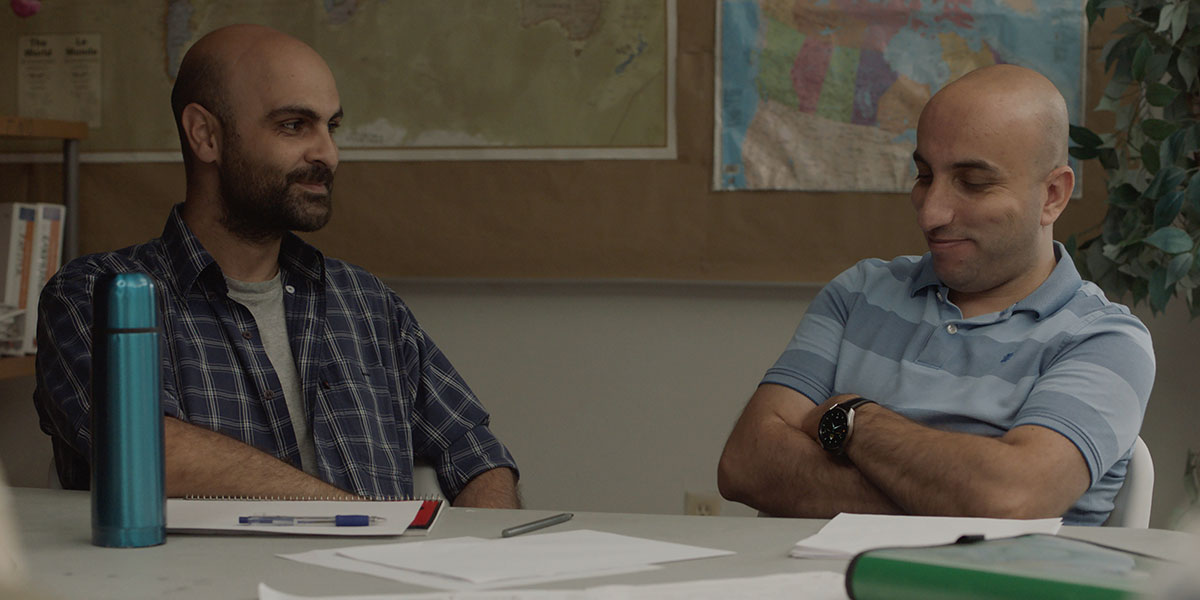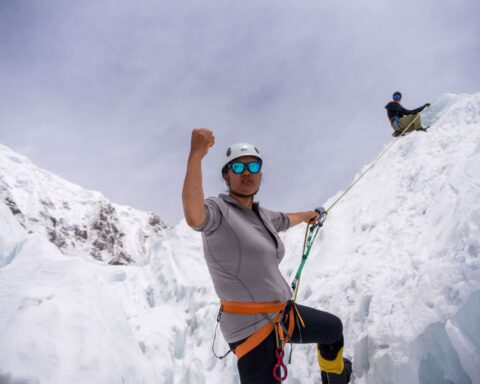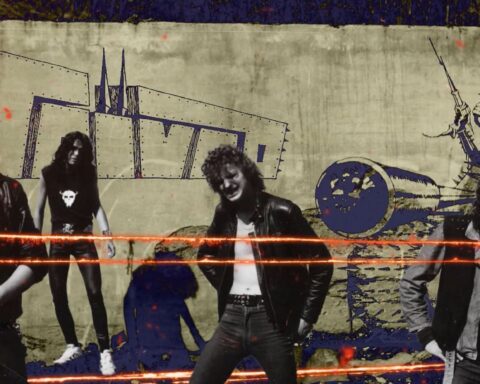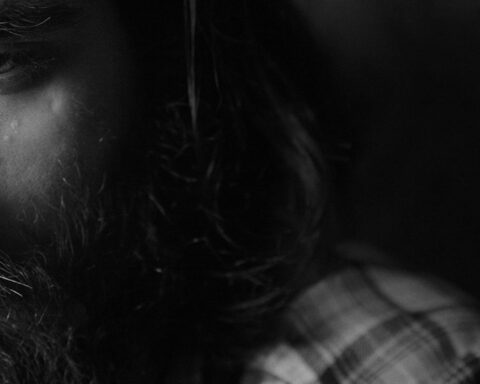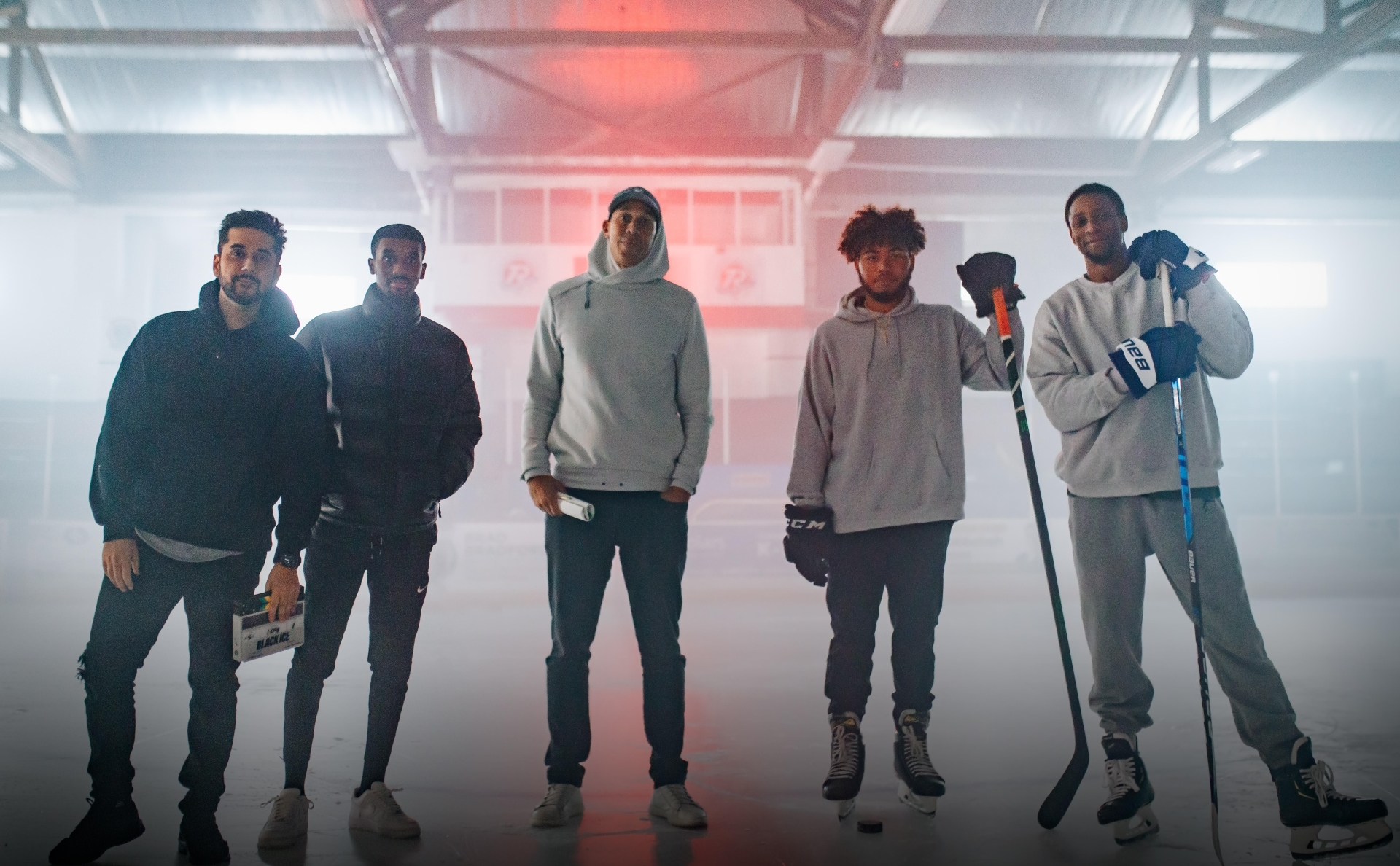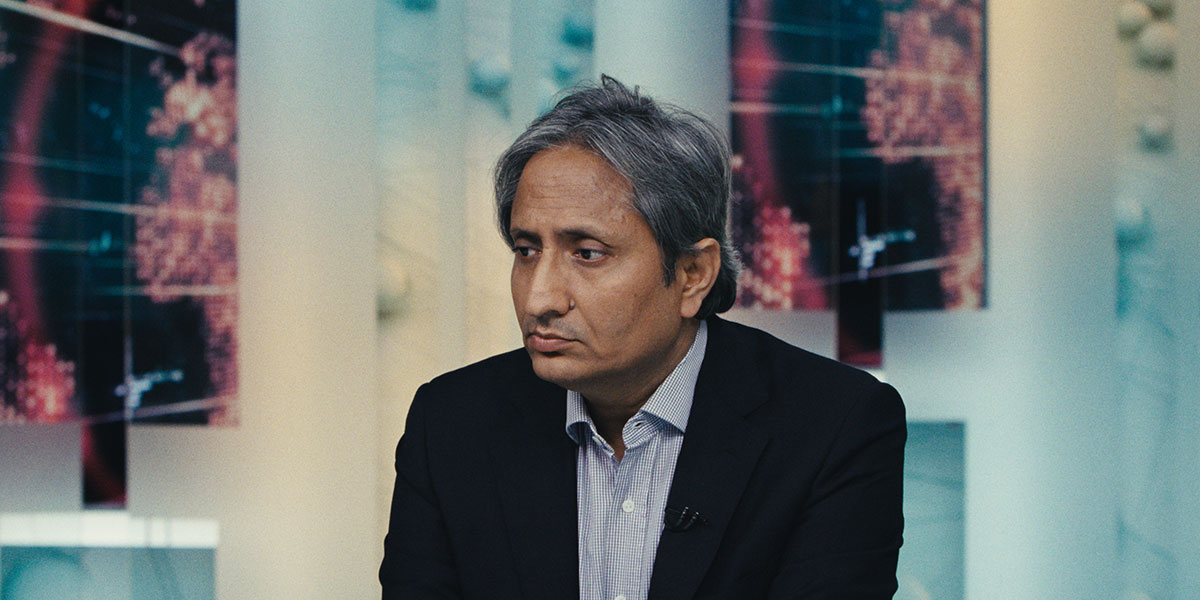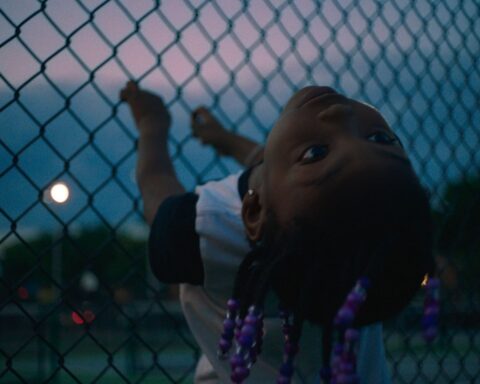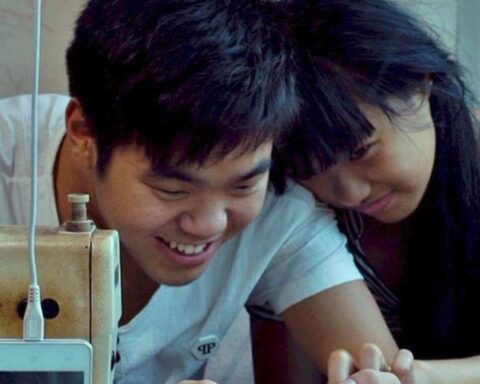Concrete Valley
(Canada, 90 min.)
Dir. Antoine Bourges
Programme: Wavelengths (World Premiere)
Thorncliffe Park occupies a strange place in Toronto geography. This concrete valley juts into the lush greenery of the Don Parklands that engulf the Don Valley Parkway. Located north of the Danforth and in the east pocket of Leaside, Thorncliffe Park straddles two relatively well-to-do neighbourhoods. The apartment complexes in the park house a sizable population of immigrants and new Canadians. Near Leaside, independent grocery stores and places of worship sit tucked amid a burgeoning hodgepodge of big box stores and parking spots. It’s like a city within a city in which residents can connect with their native language and culture while struggling to climb the invisible walls that surround it.
Director Antoine Bourges takes audiences inside the community of Thorncliffe Park in Concrete Valley. This character-driven hybrid film offers an observant portrait of the experiences of new Canadians in the nation’s most culturally diverse city. Concrete Valley, like Bourges’ previous works including the feature Fail to Appear, dramatizes the drama of everyday life. It employs a cast of mostly non-traditional actors and uses the people who inhabit the area the story depicts. This technique yields an authentic docudrama aesthetic in which the audience acts like a fly-on-the-wall as lives unfold.
Drama of Daily Life
Working with Aleppo-born, Dubai-raised, and Toronto-based co-writer Teyama Alkamli (co-director of the Canadian Screen Award winning documentary Hockey Moms), Concrete Valley immerses audiences in the acts of creating a new life. Concrete Valley sees Thorncliffe Park through the eyes of Rashid (Hussam Douhna), his wife Fahra (Amani Ibrahim), and their son Ammar (Abdullah Nadaf). The family has been in Toronto for five years and the story witnesses as they straddle two worlds. The hybrid format furthers this theme quite nicely as it illustrates how one navigates having one foot in one arena and one in another.
Rashid, a doctor in Syria, struggles to find meaning. He attends English classes where he converses with fellow immigrants and refugees. They humorously force conversations about their first dates. There’s a nice touch in the writing as the characters navigate languages and cultural attitudes by switching between English and Arabic when they’re too bashful to share personal details.
Other days, Rashid puts his medical skills to use by making house visits for his neighbours. He understands the challenge of accessing medical care, particularly in one’s own language, and helps his neighbours by offering treatment close to home. These visits introduce him to his neighbour Yanah (Lynn Nantume), who limps through the halls with pain in her foot. She returns the favour by inviting him into her home and bringing him meals. These ordinary, everyday encounters afford a sense of community and solidarity.
Fuelled by Natural Performances
Fahra, meanwhile, works in the cosmetics section of a department store. Over family dinners, she recounts her experiences of the day, which include encounters with casual racism where any mistake she makes on the storeroom floor is attributed to her ethnicity. Fahra, though, finds a sense of community by collecting trash with a group of volunteers. They’re led by Saba, who valiantly tries to summon Canadian pride in her colleagues with upbeat pep talks.
Played by actor/comedian Aliya Kanani, whom audiences might remember from her heartbreakingly good performance as the devoted teacher in Scarborough, Saba is one of few roles assumed by a professional thespian. On one hand, this casting affords a unique dynamic of authority to a character in a relatively minor role. On the other, the naturalism of Kanani’s performance complements the understated power of the non-professional actors. Concrete Valley is an honest and humane consideration of what it means to grow roots in a new land.
As Bourges unfolds the drama slowly over the course of several episodes, the film illustrates how it indeed takes time for roots to hold. The supports might be there, but as Concrete Valley witnesses Rashid’s progress in English class, it makes a fine observation. No matter how settled one may seem, one may always be straddling past and present tense.




